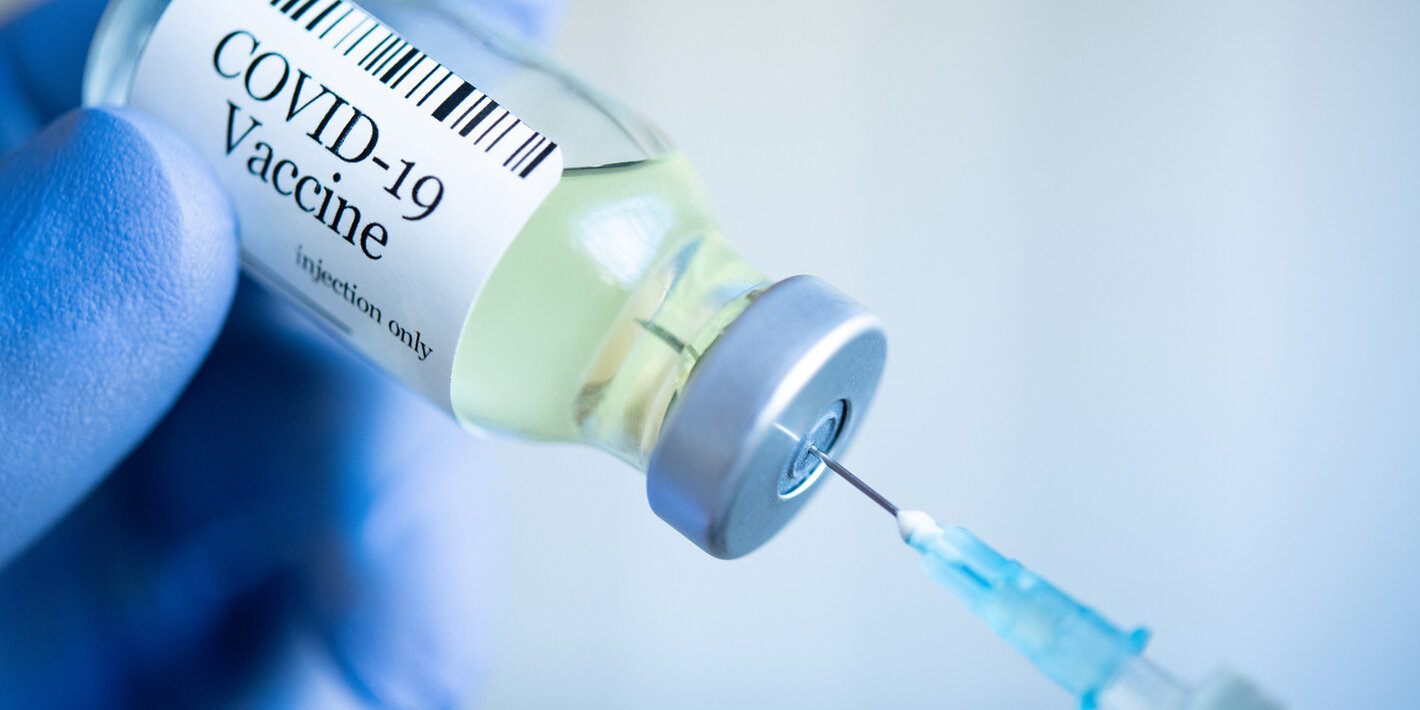A recent survey conducted by Africa Centres for Disease Control and Prevention (Africa CDC) in collaboration with Partnership for Evidence- Based Response to Covid-19 (PERC) Consortium has revealed that only two thirds Africans are willing to accept the Covid 19 vaccination.
The survey which was conducted across the continent, involved interviewing the citizens and by administering questionnaires for both qualitative and quantitative outcomes through which only two-thirds expressed willingness to accept the COVID-19 vaccines.
But the sentiment has varied across the continent. In the 19 member countries surveyed, 91% of the people surveyed in Morocco were most interested in receiving the vaccines while Tunisia and Cameroon had the lowest number of people, at 35%.
The report disclosed levels of acceptability in other countries as follows; South Africa (61%), Zimbabwe (61%), Nigeria (72%), Zambia (53%), Mozambique (75%), Egypt (78%), Kenya (59%), and the Democratic Republic of Congo (52%).
This was revealed as part of the findings of a report released by the Partnership for Evidence- Based Response to Covid-19 (PERC) Consortium. The consortium is made up of public health organizations such as the Africa Centre for Diseases Control and Prevention; Resolve to Save Lives, an initiative of Vital Strategies; the World Health Organization; the UK Public Health Rapid Support Team; the World Economic Forum and private sector firms such as market research company, Ipsos.
The new briefs (part of the third series of data collection and analysis from PERC) combine results from phone surveys on the impact of public health and social measures (PHSMs) with information on epidemiological trends, media monitoring, and data on population mobility.
Dr Emmanuel Agogo, the Nigeria Country Representative of Resolve to Save Lives outlined the reasons for vaccine hesitancy identified in the research.
He also urged the media to take responsibility for enlightening audiences.
“Journalists can inform and increase public confidence in vaccines,” Agogo said.
He further encouraged journalists not to be sensational in reporting on vaccines since many myths are perpetuated,they should instead distribute reliable and accurate information.
Agogo said:”Journalists should do research,check the facts and use trusted sources of information.”
In the presentation, the Africa CDC recommended that African countries should continue the rollout of the vaccine.
This recommendation was revealed during a webinar hosted by the African Centre for Diseases Control, public strategy firm, Gatefield, and the Global Health Advocacy Incubator, to engage journalists on the issue of COVID-19 vaccines safety, effectiveness, and distribution.
Dr. Ouma presented that the African Taskforce for Coronavirus (AFTCOR) had determined based on evidence, that the benefits of the vaccines outweigh its risks.
An expert panel of journalists including Hopewell Chin’ono, an award winning investigative journalist from Zimbabwe; Dr. Laz Ude Eze, AIT television host; Tanya Farber, senior science reporter, Sunday Times; Vuyo Mkize, health writer, City Press; and Elizabeth Merab, health and science journalist, Nation Media Group, shared their experiences covering vaccines at the event and advocated for more responsible reporting on the subject.
